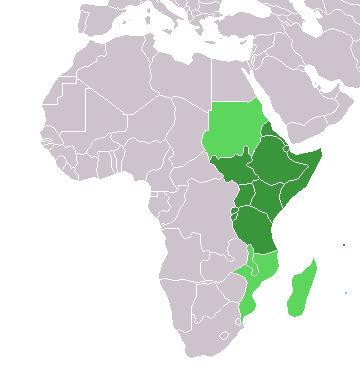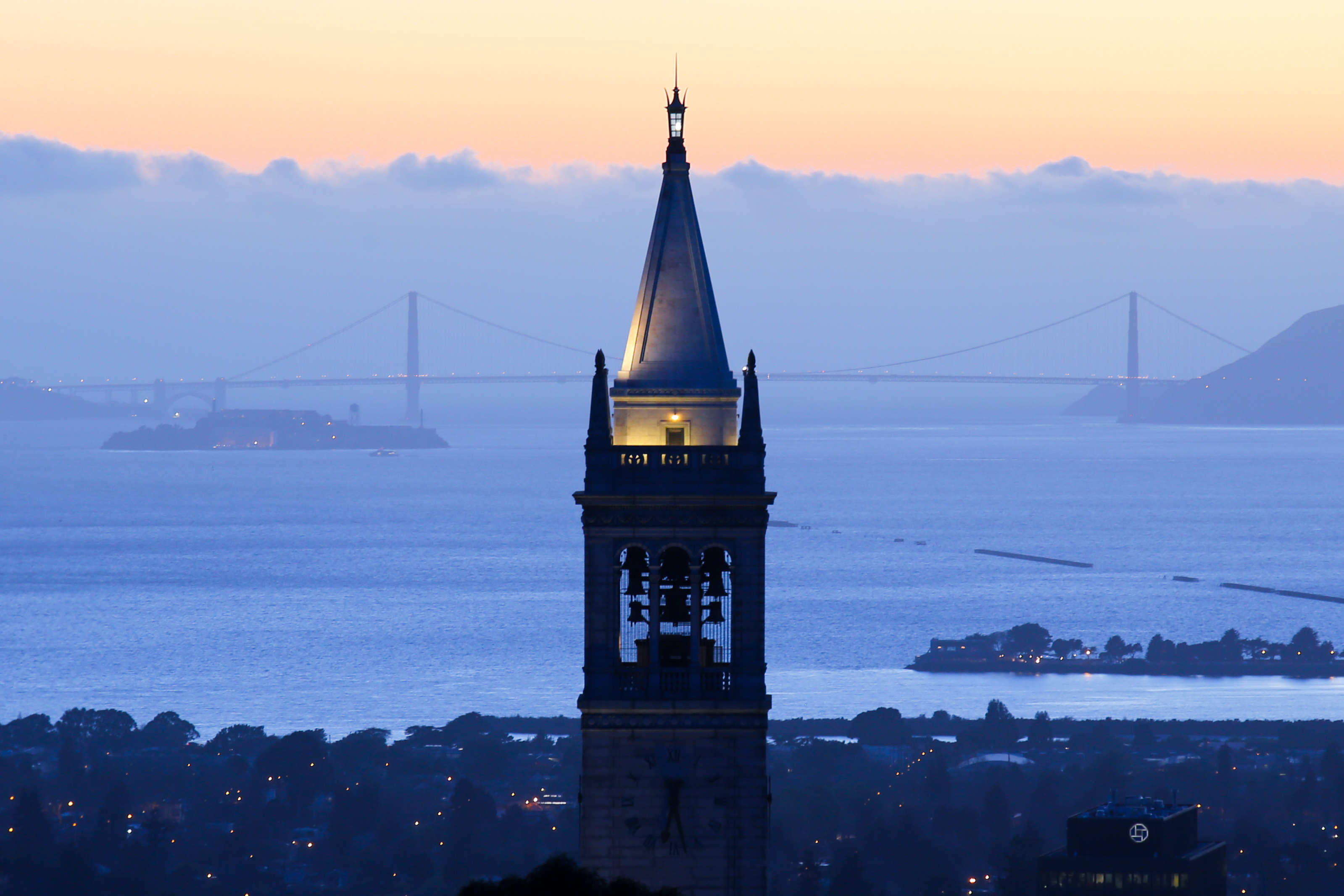|
Richard Thurnwald
Richard Thurnwald (18 September 1869 – 19 January 1954) was an Austrian anthropologist and sociologist, known for his comparative studies of social institutions. Biography He studied law, economics and oriental languages in Berlin, earning a law degree in 1891. He then took a government post, and while being stationed in Bosnia (from 1896), he conducted research of the local social and economic climate. In 1898 he travelled to Egypt, and following his return to Berlin, he took classes in Egyptology and Assyriology (1901–05). In Berlin, he found employment as an assistant curator at the Museum für Völkerkunde.German Anthropology Short Portrait: Richard Thurnwald In 1917 he completed his habilitation at the [...More Info...] [...Related Items...] OR: [Wikipedia] [Google] [Baidu] |
Vienna
en, Viennese , iso_code = AT-9 , registration_plate = W , postal_code_type = Postal code , postal_code = , timezone = CET , utc_offset = +1 , timezone_DST = CEST , utc_offset_DST = +2 , blank_name = Vehicle registration , blank_info = W , blank1_name = GDP , blank1_info = € 96.5 billion (2020) , blank2_name = GDP per capita , blank2_info = € 50,400 (2020) , blank_name_sec1 = HDI (2019) , blank_info_sec1 = 0.947 · 1st of 9 , blank3_name = Seats in the Federal Council , blank3_info = , blank_name_sec2 = GeoTLD , blank_info_sec2 = .wien , website = , footnotes = , image_blank_emblem = Wien logo.svg , blank_emblem_size = Vienna ( ; german: Wien ; ba ... [...More Info...] [...Related Items...] OR: [Wikipedia] [Google] [Baidu] |
Ethnologisches Museum
The Ethnological Museum of Berlin (german: Ethnologisches Museum Berlin) is one of the Berlin State Museums (german: Staatliche Museen zu Berlin), the de facto national collection of the Federal Republic of Germany. It is presently located in the Humboldt Forum in Mitte, along with the Museum of Asian Art (german: Museum für Asiatische Kunst). The museum holds more than 500,000 objects and is one of the largest and most important collections of works of art and culture from outside Europe in the world.Viola König (Hrsg.): ''Ethnologisches Museum Berlin''. Prestel, München 2003. Seite 8. Its highlights include important objects from the Sepik River, Hawaii, the Kingdom of Benin, Cameroon, Congo, Tanzania, China, the Pacific Coast of North America, Mesoamerica, the Andes, as well as one of the first ethnomusicology collections of sound recordings (the Berliner Phonogramm-Archiv). The Ethnological Museum was founded in 1873 and opened its doors in 1886 as the Royal Museu ... [...More Info...] [...Related Items...] OR: [Wikipedia] [Google] [Baidu] |
Lucien Lévy-Bruhl
Lucien Lévy-Bruhl (10 April 1857 – 13 March 1939) was a French scholar trained in philosophy who furthered anthropology with his contributions to the budding fields of sociology and ethnology. His primary field interest was ways of thinking. Born in Paris, Lévy-Bruhl wrote about the mind in his work ''How Natives Think'' (1910), where he posited, as the two basic mindsets of mankind, the "primitive" and the "modern". The primitive mind does not differentiate the supernatural from reality but uses "mystical participation" to manipulate the world. According to Lévy-Bruhl, the primitive mind does not address contradictions. The modern mind, by contrast, uses reflection and logic. Lévy-Bruhl did not necessarily believe in a historical and evolutionary teleology leading from the primitive mind to the modern, but this is often assumed because his work is rarely read in full; rather, his thought is more dynamic, as shown by his later ''Notebooks on Primitive Mentality'', where he ... [...More Info...] [...Related Items...] OR: [Wikipedia] [Google] [Baidu] |
Wilhelm Wundt
Wilhelm Maximilian Wundt (; ; 16 August 1832 – 31 August 1920) was a German physiologist, philosopher, and professor, known today as one of the fathers of modern psychology. Wundt, who distinguished psychology as a science from philosophy and biology, was the first person ever to call himself a psychologist. He is widely regarded as the "father of experimental psychology"."Wilhelm Maximilian Wundt" in ''Stanford Encyclopedia of Philosophy''. In 1879, at the , Wundt founded the first formal laboratory for psychological research. This marked psychology as an independent field of study. By creating this laboratory he was able to establish psychology a ... [...More Info...] [...Related Items...] OR: [Wikipedia] [Google] [Baidu] |
East Africa
East Africa, Eastern Africa, or East of Africa, is the eastern subregion of the African continent. In the United Nations Statistics Division scheme of geographic regions, 10-11-(16*) territories make up Eastern Africa: Due to the historical Omani Empire and colonial territories of the British East Africa Protectorate and German East Africa, the term ''East Africa'' is often (especially in the English language) used to specifically refer to the area now comprising the three countries of Kenya, Tanzania, and Uganda. However, this has never been the convention in many other languages, where the term generally had a wider, strictly geographic context and therefore typically included Djibouti, Eritrea, Ethiopia, and Somalia.Somaliland is not included in the United Nations geoscheme, as it is internationally recognized as a part of Somalia. *Tanzania, Kenya, Uganda, Rwanda, Burundi, Democratic Republic of Congo and South Sudan are members of the East African Community. The firs ... [...More Info...] [...Related Items...] OR: [Wikipedia] [Google] [Baidu] |
Walter Behrmann
Walter Emmerich Behrmann (May 22, 1882, Oldenburg – May 3, 1955, Berlin) was a German geographer. He is remembered for introducing a cylindrical map projection known as the " Behrmann projection". Biography From 1901 to 1905, he studied geography, mathematics and physics at the University of Göttingen, where he was a student of Hermann Wagner. Later on, he worked as an assistant to geographer Joseph Partsch at the University of Leipzig (1908/09).Leibniz Institut für Länderkunde biographical sketch In 1912/13 he participated as a geographer in the ''Kaiserin-Augusta-Fluss Expedition'' to along with [...More Info...] [...Related Items...] OR: [Wikipedia] [Google] [Baidu] |
New Guinea
New Guinea (; Hiri Motu Hiri Motu, also known as Police Motu, Pidgin Motu, or just Hiri, is a language of Papua New Guinea, which is spoken in surrounding areas of Port Moresby (Capital of Papua New Guinea). It is a simplified version of Motu, from the Austronesian l ...: ''Niu Gini''; id, Papua, or , historically ) is the List of islands by area, world's second-largest island with an area of . Located in Oceania in the southwestern Pacific Ocean, the island is separated from Mainland Australia, Australia by the wide Torres Strait, though both landmasses lie on the same continental shelf. Numerous smaller islands are located to the west and east. The eastern half of the island is the major land mass of the independent state of Papua New Guinea. The western half, known as Western New Guinea, forms a part of Indonesia and is organized as the provinces of Papua (province), Papua, Central Papua, Highland Papua, South Papua, Southwest Papua, and West Papua (province), West ... [...More Info...] [...Related Items...] OR: [Wikipedia] [Google] [Baidu] |
Micronesia
Micronesia (, ) is a subregion of Oceania, consisting of about 2,000 small islands in the western Pacific Ocean. It has a close shared cultural history with three other island regions: the Philippines to the west, Polynesia to the east, and Melanesia to the south—as well as with the wider community of Austronesian peoples. The region has a tropical marine climate and is part of the Oceanian realm. It includes four main archipelagos—the Caroline Islands, the Gilbert Islands, the Mariana Islands, and the Marshall Islands—as well as numerous islands that are not part of any archipelago. Political control of areas within Micronesia varies depending on the island, and is distributed among six sovereign nations. Some of the Caroline Islands are part of the Republic of Palau and some are part of the Federated States of Micronesia (often shortened to "FSM" or "Micronesia"—not to be confused with the identical name for the overall region). The Gilbert Islands (along with the ... [...More Info...] [...Related Items...] OR: [Wikipedia] [Google] [Baidu] |
Solomon Islands
Solomon Islands is an island country consisting of six major islands and over 900 smaller islands in Oceania, to the east of Papua New Guinea and north-west of Vanuatu. It has a land area of , and a population of approx. 700,000. Its capital, Honiara, is located on the largest island, Guadalcanal. The country takes its name from the wider area of the Solomon Islands (archipelago), which is a collection of Melanesian islands that also includes the Autonomous Region of Bougainville (currently a part of Papua New Guinea), but excludes the Santa Cruz Islands. The islands have been settled since at least some time between 30,000 and 28,800 BCE, with later waves of migrants, notably the Lapita people, mixing and producing the modern indigenous Solomon Islanders population. In 1568, the Spanish navigator Álvaro de Mendaña was the first European to visit them. Though not named by Mendaña, it is believed that the islands were called ''"the Solomons"'' by those who later receiv ... [...More Info...] [...Related Items...] OR: [Wikipedia] [Google] [Baidu] |
Free University Of Berlin
The Free University of Berlin (, often abbreviated as FU Berlin or simply FU) is a public research university in Berlin, Germany. It is consistently ranked among Germany's best universities, with particular strengths in political science and the humanities. It is recognised as a leading university in international university rankings. The Free University of Berlin was founded in West Berlin in 1948 with American support during the early Cold War period as a Western continuation of the Friedrich Wilhelm University, or the University of Berlin, whose traditions and faculty members it retained. The Friedrich Wilhelm University (which was renamed the Humboldt University), being in East Berlin, faced strong communist repression; the Free University's name referred to West Berlin's status as part of the Western Free World, in contrast to communist-controlled East Berlin. In 2008, as part of a joint effort, the Free University of Berlin, along with the Hertie School of Governance, a ... [...More Info...] [...Related Items...] OR: [Wikipedia] [Google] [Baidu] |
World War II
World War II or the Second World War, often abbreviated as WWII or WW2, was a world war that lasted from 1939 to 1945. It involved the vast majority of the world's countries—including all of the great powers—forming two opposing military alliances: the Allies and the Axis powers. World War II was a total war that directly involved more than 100 million personnel from more than 30 countries. The major participants in the war threw their entire economic, industrial, and scientific capabilities behind the war effort, blurring the distinction between civilian and military resources. Aircraft played a major role in the conflict, enabling the strategic bombing of population centres and deploying the only two nuclear weapons ever used in war. World War II was by far the deadliest conflict in human history; it resulted in 70 to 85 million fatalities, mostly among civilians. Tens of millions died due to genocides (including the Holocaust), starvation, ma ... [...More Info...] [...Related Items...] OR: [Wikipedia] [Google] [Baidu] |
University Of California
The University of California (UC) is a public land-grant research university system in the U.S. state of California. The system is composed of the campuses at Berkeley, Davis, Irvine, Los Angeles, Merced, Riverside, San Diego, San Francisco, Santa Barbara, and Santa Cruz, along with numerous research centers and academic abroad centers. The system is the state's land-grant university. Major publications generally rank most UC campuses as being among the best universities in the world. Six of the campuses, Berkeley, Davis, Irvine, Los Angeles, Santa Barbara, and San Diego are considered Public Ivies, making California the state with the most universities in the nation to hold the title. UC campuses have large numbers of distinguished faculty in almost every academic discipline, with UC faculty and researchers having won 71 Nobel Prizes as of 2021. The University of California currently has 10 campuses, a combined student body of 285,862 students, 24,400 faculty members, 1 ... [...More Info...] [...Related Items...] OR: [Wikipedia] [Google] [Baidu] |






